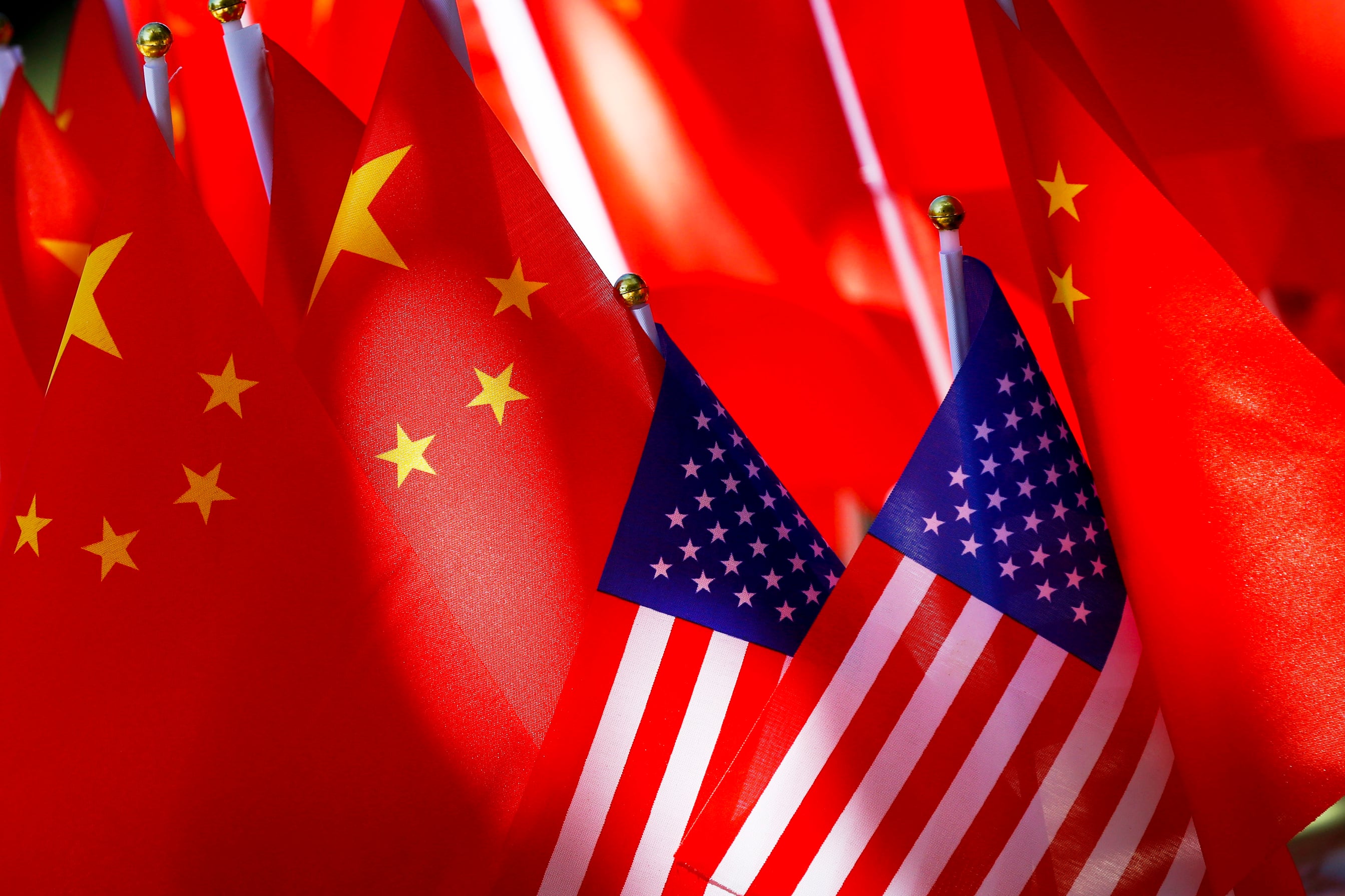TAIPEI, Taiwan (AP) — China criticized the U.S. on Monday over moves it alleged harmed Chinese interests, including issuing AI chip export control guidelines, stopping the sale of chip design software to China, and planning to revoke Chinese student visas.
“These practices seriously violate the consensus,” the Commerce Ministry said in a statement, referring to a China-U.S. joint statement in which the United States and China agreed to slash their massive recent tariffs, restarting stalled trade between the world’s two biggest economies.
But last month’s de-escalation in President Donald Trump’s trade wars did nothing to resolve underlying differences between Beijing and Washington and Monday’s statement showed how easily such agreements can lead to further turbulence.
The deal lasts 90 days, creating time for U.S. and Chinese negotiators to reach a more substantive agreement. But the pause also leaves tariffs higher than before Trump started ramping them up last month. And businesses and investors must contend with uncertainty about whether the truce will last.
U.S. Trade Representative Jamieson Greer said the U.S. agreed to drop the 145% tax Trump imposed last month to 30%. China agreed to lower its tariff rate on U.S. goods to 10% from 125%.
The Commerce Ministry said China held up its end of the deal, canceling or suspending tariffs and non-tariff measures taken against the U.S. “reciprocal tariffs” following the agreement.
“The United States has unilaterally provoked new economic and trade frictions, exacerbating the uncertainty and instability of bilateral economic and trade relations,” while China has stood by its commitments, the statement said.
It also threatened unspecified retaliation, saying China will “continue to take resolute and forceful measures to safeguard its legitimate rights and interests.”
Trump stirred further controversy Friday, saying he will no longer be nice with China on trade, declaring in a social media post that the country had broken an agreement with the United States.
Hours later, Trump said in the Oval Office that he will speak with Chinese President Xi Jinping and “hopefully we’ll work that out,” while still insisting China had violated the agreement.
“The bad news is that China, perhaps not surprisingly to some, HAS TOTALLY VIOLATED ITS AGREEMENT WITH US,” Trump posted. “So much for being Mr. NICE GUY!”
In response to recent comments by Trump, the Commerce Ministry said of the U.S.: “Instead of reflecting on itself, it has turned the tables and unreasonably accused China of violating the consensus, which is seriously contrary to the facts.”
U.S. Commerce Secretary Howard Lutnick said that the Chinese were “just slow rolling the deal” from Geneva.
Appearing on Fox News on Sunday, Lutnick said the U.S. was “taking certain actions to show them what it feels like on the other side of that equation,” adding that Trump would “work it out” with Xi.
The Trump administration also stepped up the clash with China in other ways last week, announcing that it would start revoking visas for Chinese students studying in the U.S.
U.S. campuses host more than 275,000 students from China.
Both countries are in a race to develop advanced technologies such as artificial intelligence, with Washington seeking to curb China’s access to the most advanced computer chips. China is also seeking to displace the U.S. as the leading power in the Asia-Pacific, including through gaining control over close U.S. partner and leading tech giant Taiwan.













